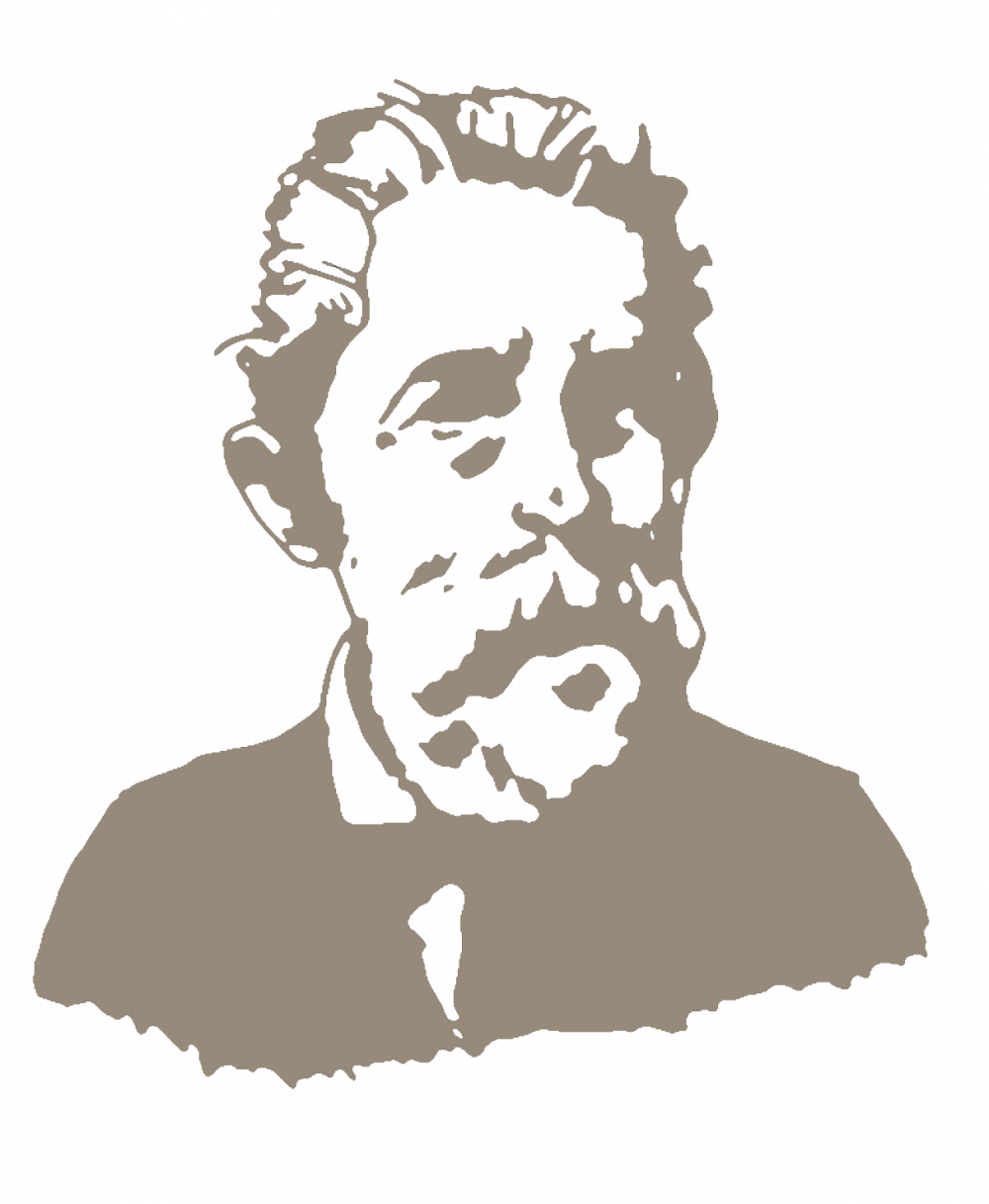7 March 1845, Treviso - 7 October 1918, Pisa
Graduated in law in Padua in 1867, he remained in the same University as an assistant until 1872, subsequently moving to Venice, Modena and, finally, to Pisa, where he remained as a professor until his death.
In 1878, he married Maria Schiratti, with whom he had seven children. His is a family experience full of tenderness and prayer, a family where the Word of God is at home.
He begins to take an active interest in the Opera dei Congressi. In the cultural climate of the time, he was committed to ensuring that Catholics are present in civil society. At that moment they begin to form associations for this purpose.
On June 29, 1867, the Italian Catholic Youth Society was born, the first nucleus of Italian Catholic Action and, after the parenthesis for the capture of Rome in 1870, we reach September 1875, when, during the II General Congress of Italian Catholics, it is decided to promote, as a permanent organization, the Work of Congresses and Catholic Committees, whose first president is Giovanni Acquaderni, founder, with Count Mario Fani, of the Catholic Action.
In the wake of this organization, on 29 December 1889, in Padua, the Catholic Union for Social Studies was established, whose president and founder was Giuseppe Toniolo who, in 1893, gave life to the "International journal of social sciences and auxiliary disciplines ".
Toniolo elaborates his sociological theory, which affirms the prevalence of ethics and the Christian spirit over the harsh laws of economics. In his numerous writings, he proposes various innovations: the holiday rest, the limitation of working hours, the defense of small property, the protection of the work of women and children.
From a religious point of view, he is an advocate of more incisive action by Catholics in the social field. From 1894 on, he became one of the animators of the "Christian Democracy" movement. It defends the socio-economic value of religion, thus reconciling faith and science. In 1908, he published the Social Economy Treaty.
After the dissolution of the Opera dei Congressi, Toniolo is in charge of drafting the new statutes of the Catholic movement. In 1906 he was appointed president of the Popular Union, which has the task of general coordination of activities in the Catholic field. On his impulse, the Social Weeks began in 1907. He carries on his ecclesial service with fidelity to the Church, esteemed by the popes of his time. Worried about the ongoing war, he draws up a statute of international peace law which he entrusts to the Pope.
He dies on the day dedicated to Our Lady of the Rosary, which he usually invokes every day.
His mortal remains rest in the Church of S. Maria Assunta in Pieve di Soligo. In Pisa his house still bears the signs of his holy and industrious life intact. He lived between Veneto and Tuscany, but it can be said of him, like few others, that he belongs to the whole of Catholic Italy.
He was declared Venerable on June 14, 1971
On January 14, 2011, the Holy Father authorized the promulgation of the decree of the miracle attributed to the intercession of the Venerable Servant of God.



